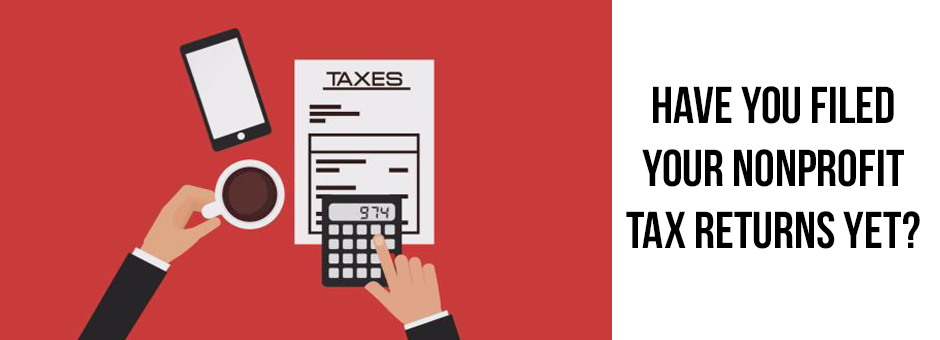In the studio with the Hoving Home Choir

Music has a way of affecting us, even without our permission.
I founded Idle Tuesdays Recording Studio, a nonprofit, back in 2012, but what I experienced in the studio with the Hoving Home Choir was unlike any other session.
The Hoving Home Choir consists of the most amazing women who have come out of life’s most challenging situations. They’re survivors. They’re overcomers. They’re world changers.
During their time at the Hoving Home, many of the women participate in the Hoving Home Choir. This means that every weekend, they are traveling to different groups, organizations, churches, etc. to share their incredible story and sing a few inspirational songs.
What many of these women have experienced is almost surreal to me. They’ve walked through the valley of the shadow of death and come out on the other side stronger, more resilient, more beautiful…like a diamond.
It’s common for somebody to experience something bad, sad, hurtful, negative, etc. and for them to be mad, hurt, upset, bitter, and resentful in response. This negativity may drag on for months, years, or even the duration of their lifetime.
Unfortunately, forgiveness is not common.
It’s hard to forgive, that’s why many choose to harbor negativity instead. Being mad and bitter is the easy way out. It requires no effort. No discipline. No self control. And it gives all the power to the person who caused the negative emotions in the first place. The Hoving Home Choir women are strong. They’re choosing the uphill battle. They’re choosing the road less travelled. They’re choosing love. They’re choosing forgiveness.
I was sitting in the control room, with our recording engineer Mason Haynie, listening to the women record their songs. They weren’t just in there looking to be cool, to sing on some tracks, release an album, or use it to hike up their social media following.
It was as if they were singing for their lives. Singing for their freedom. Singing for their families. Singing for their future.
Only a few times in my my life have I found myself in such a beautiful, awe-struck moment. Surrounded by chaos, busyness, striving, agendas, and conflict, life can be hectic. But that all seemed to fade away while I watched and listened to these women raise their overcoming voices.
To the women of the Hoving Home Choir: thank you. You’ve inspired me to dig deeper, run harder, live better and love more.









